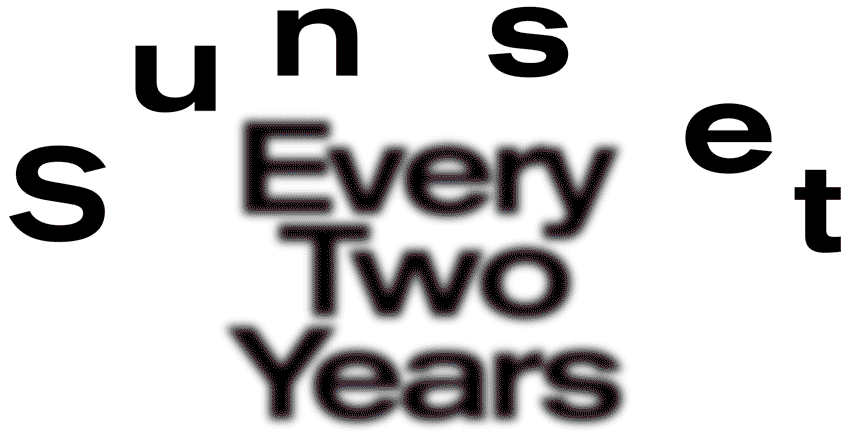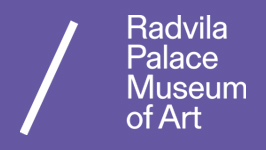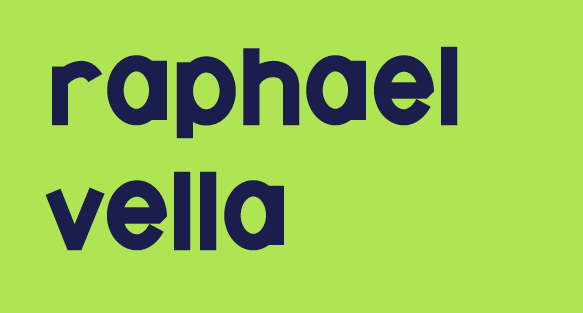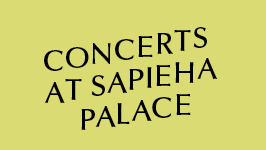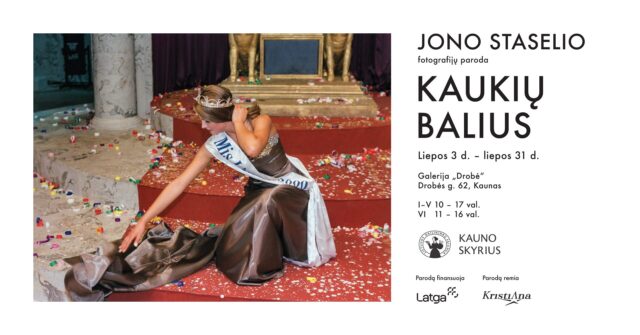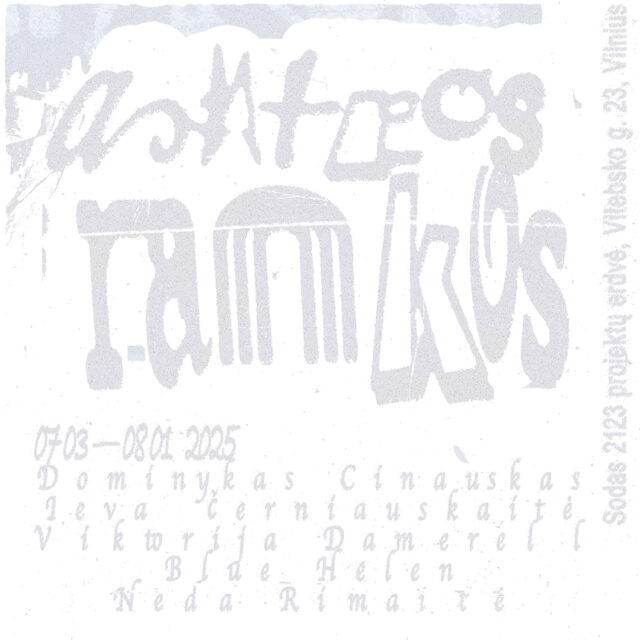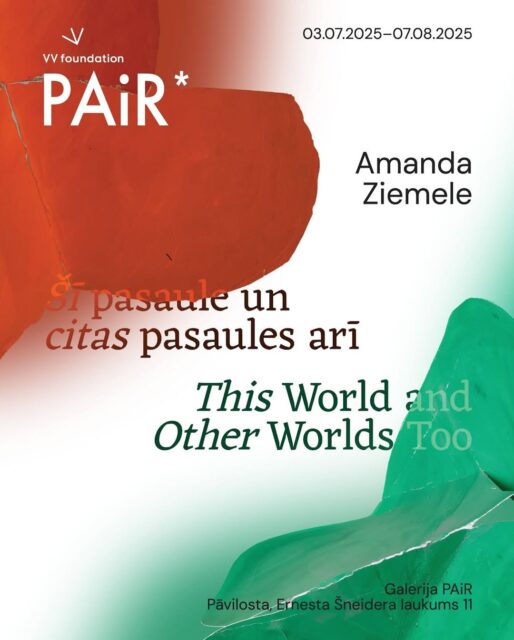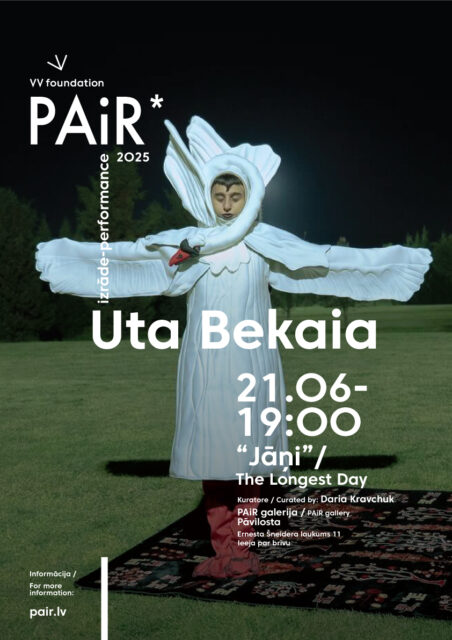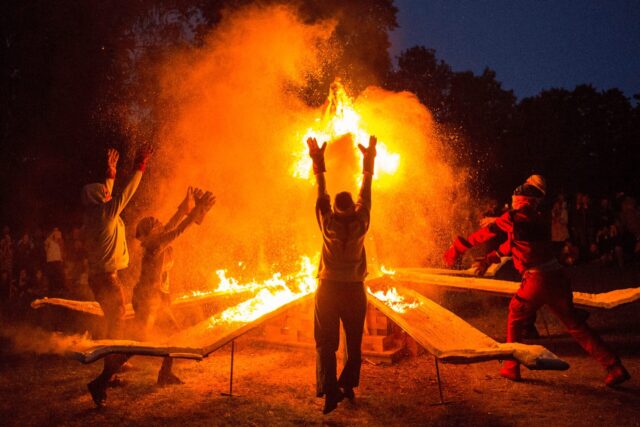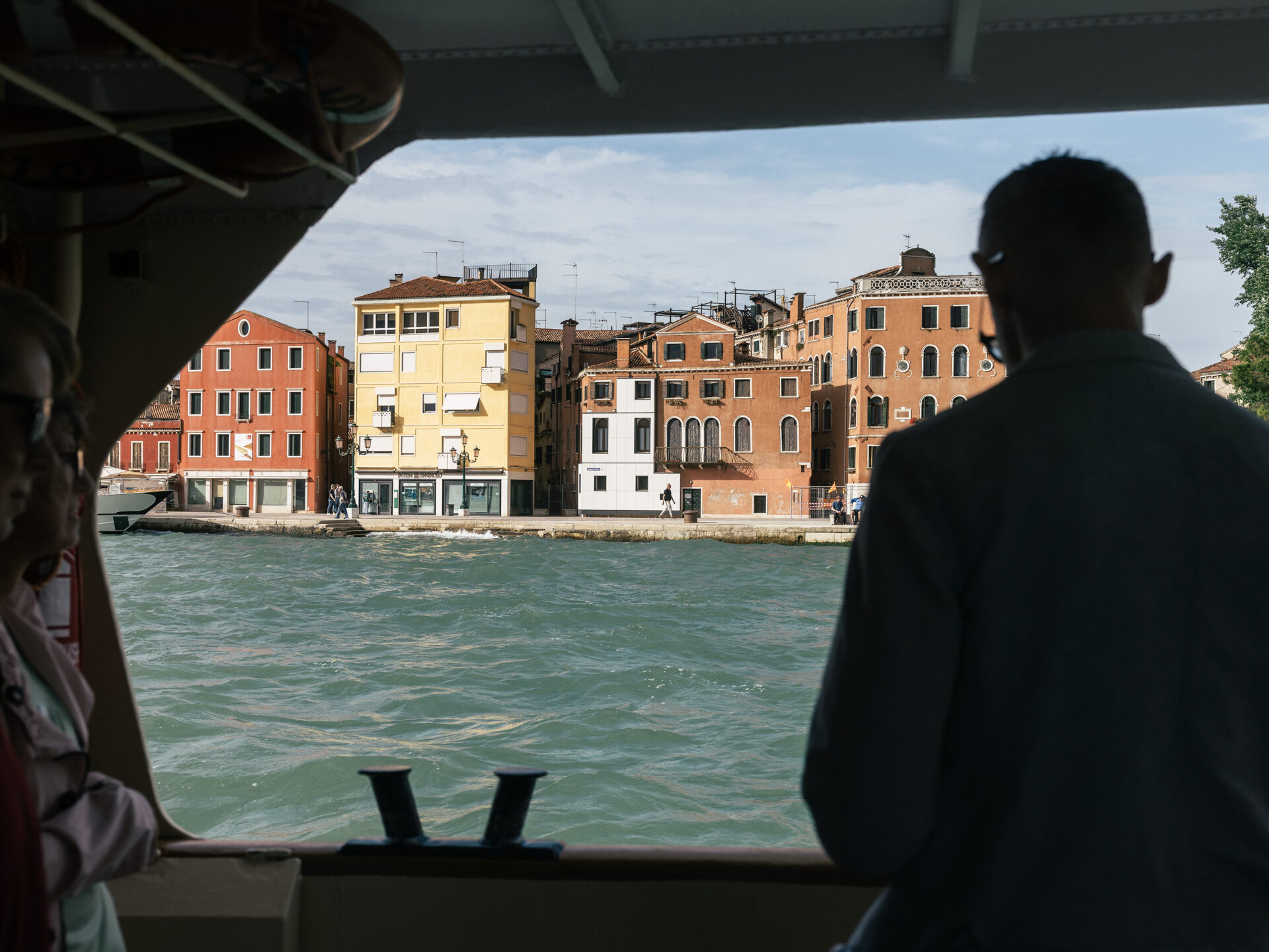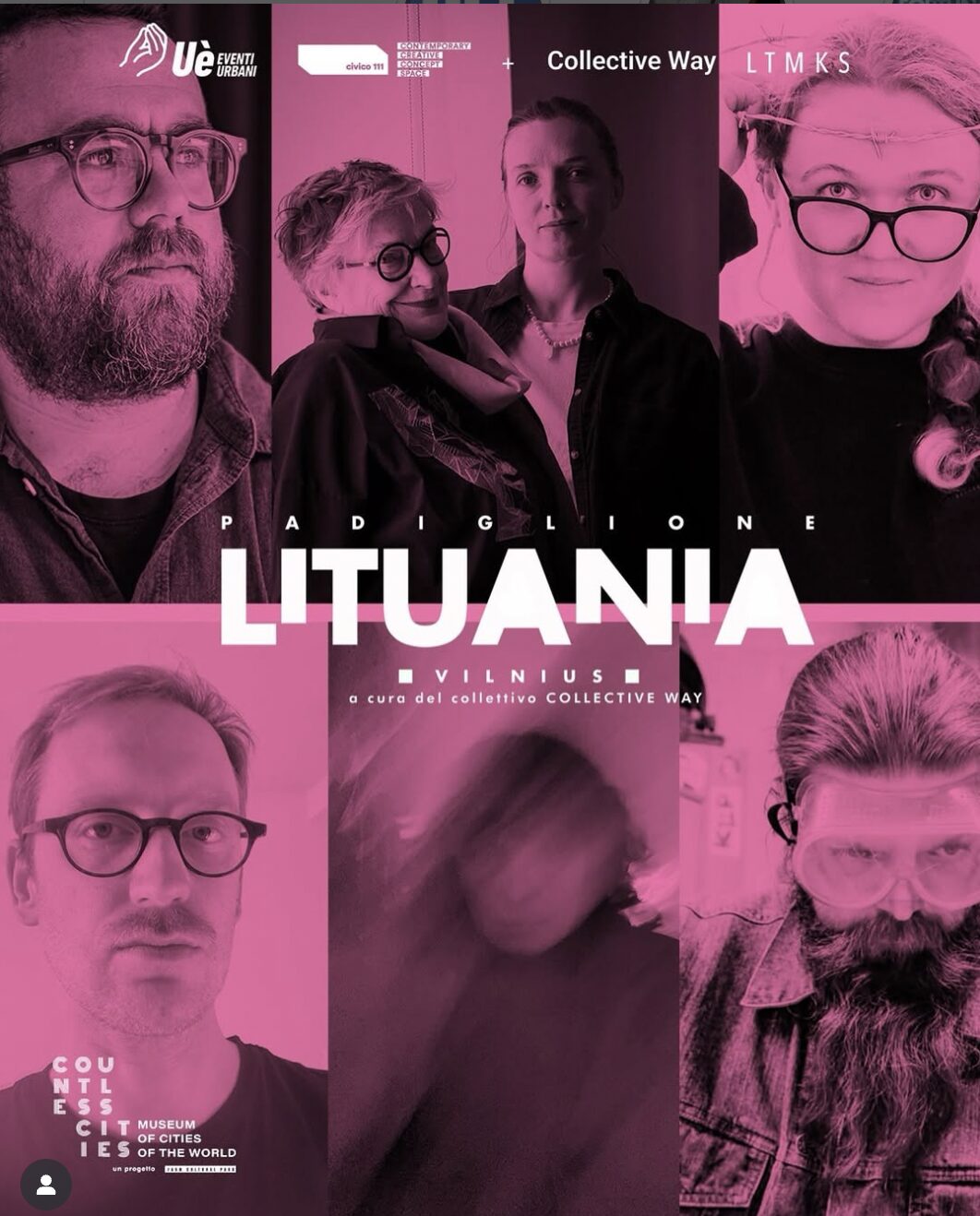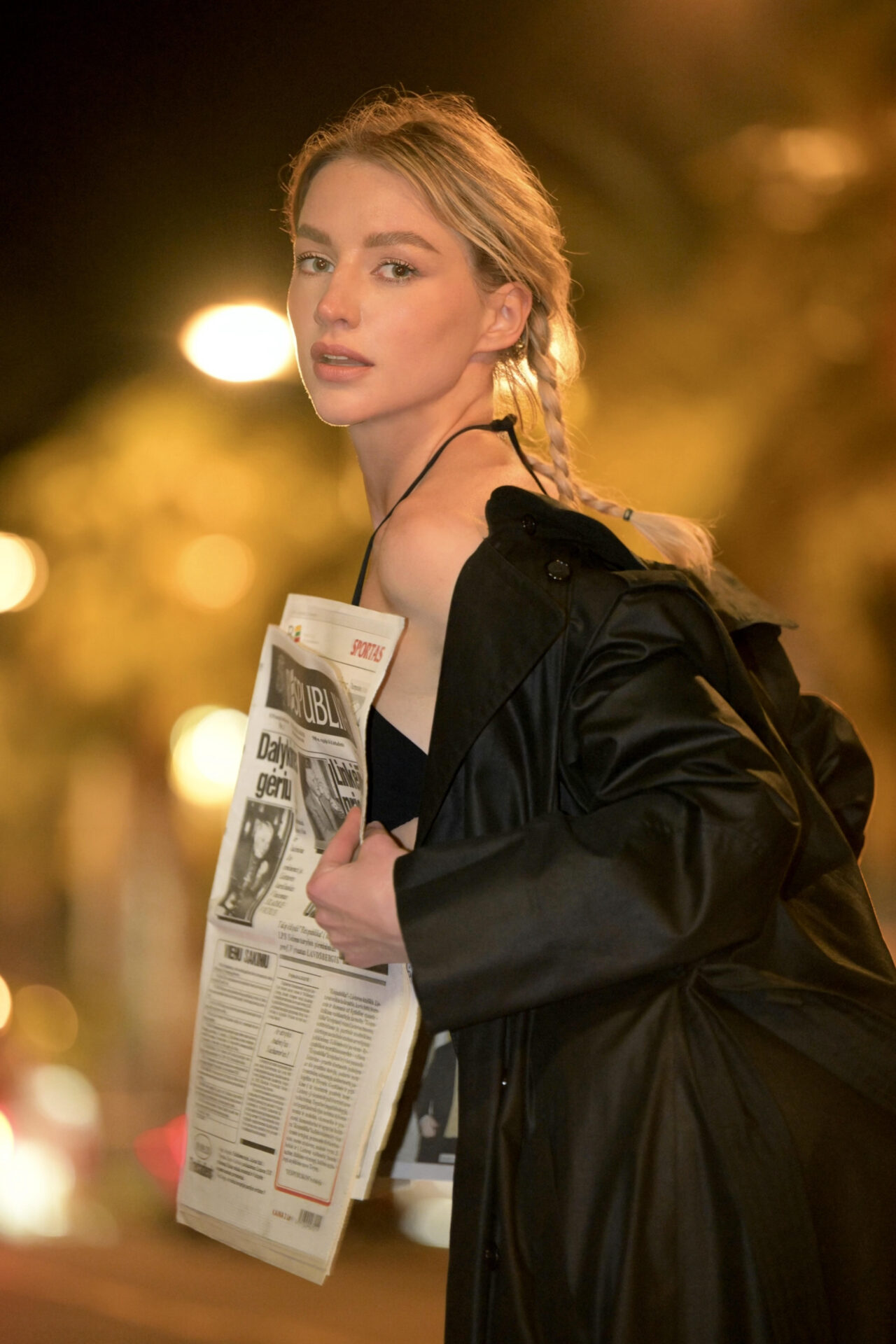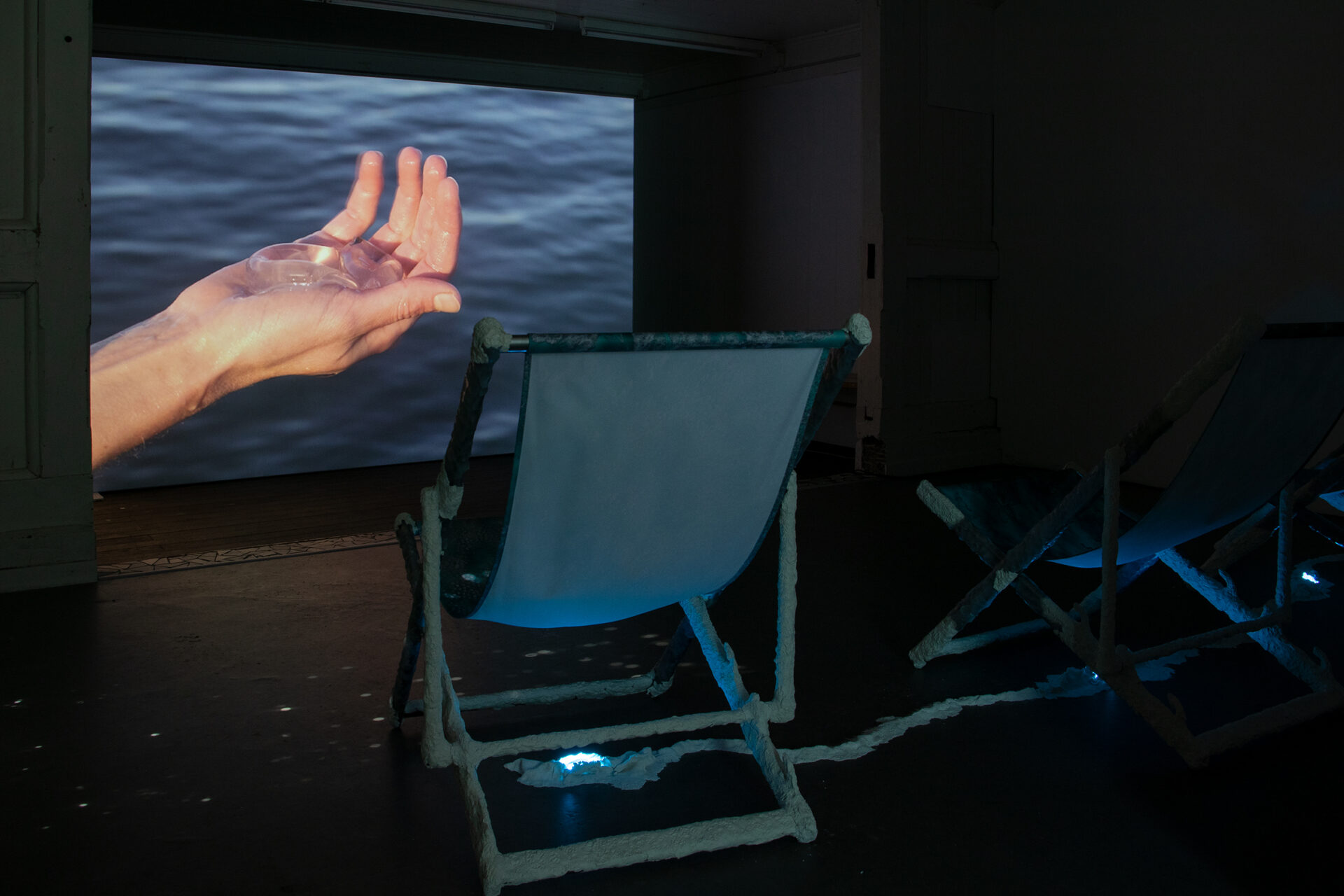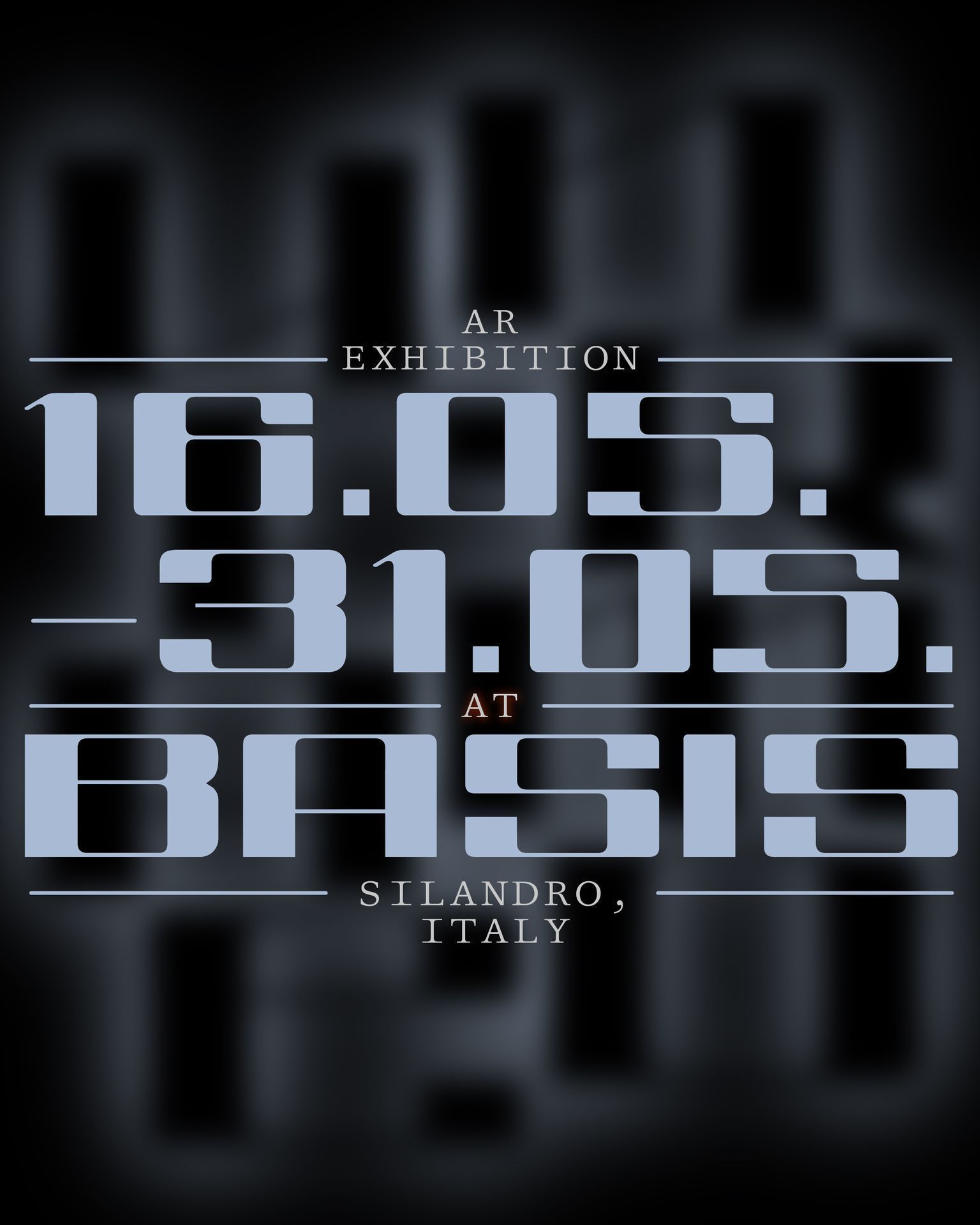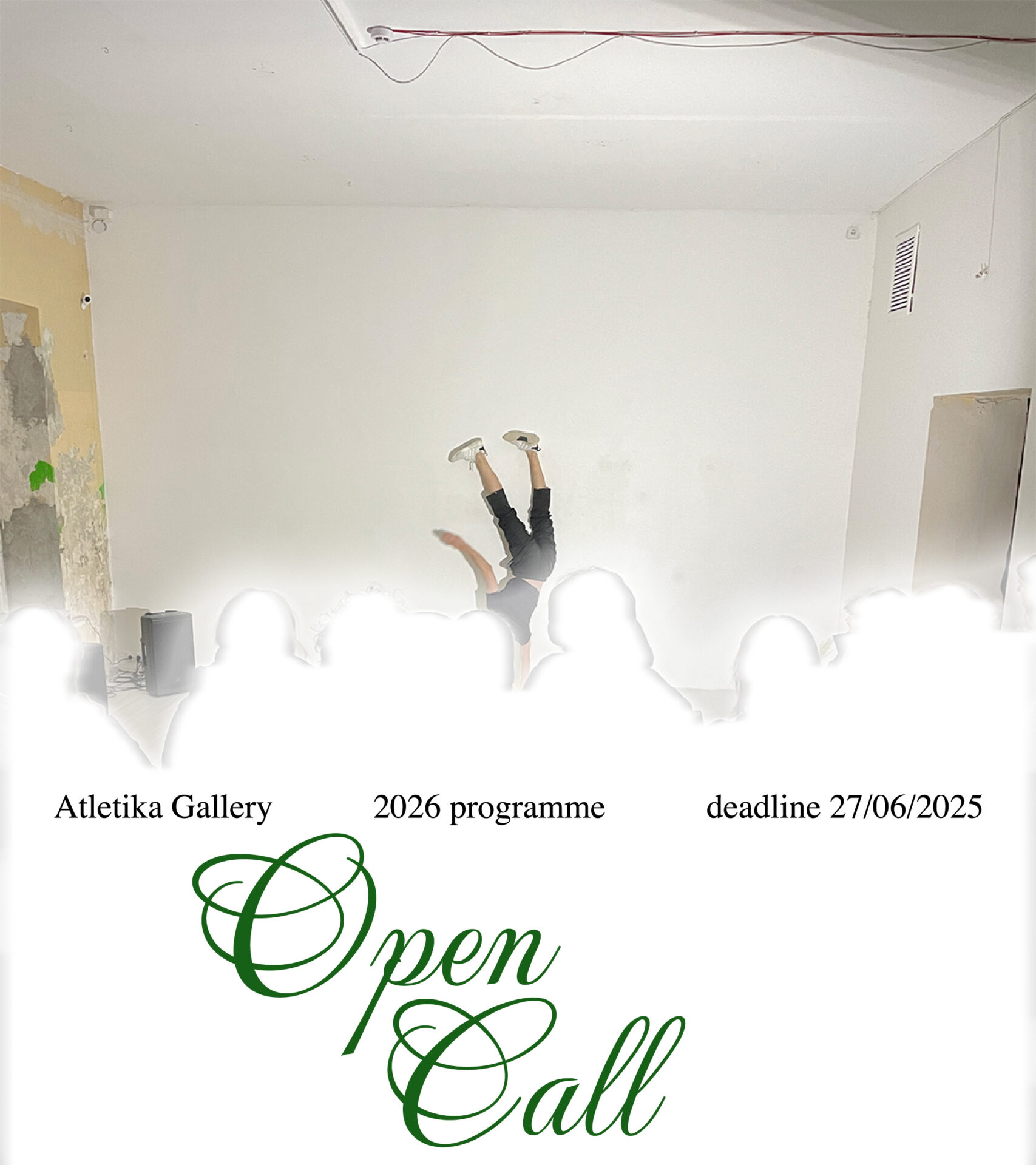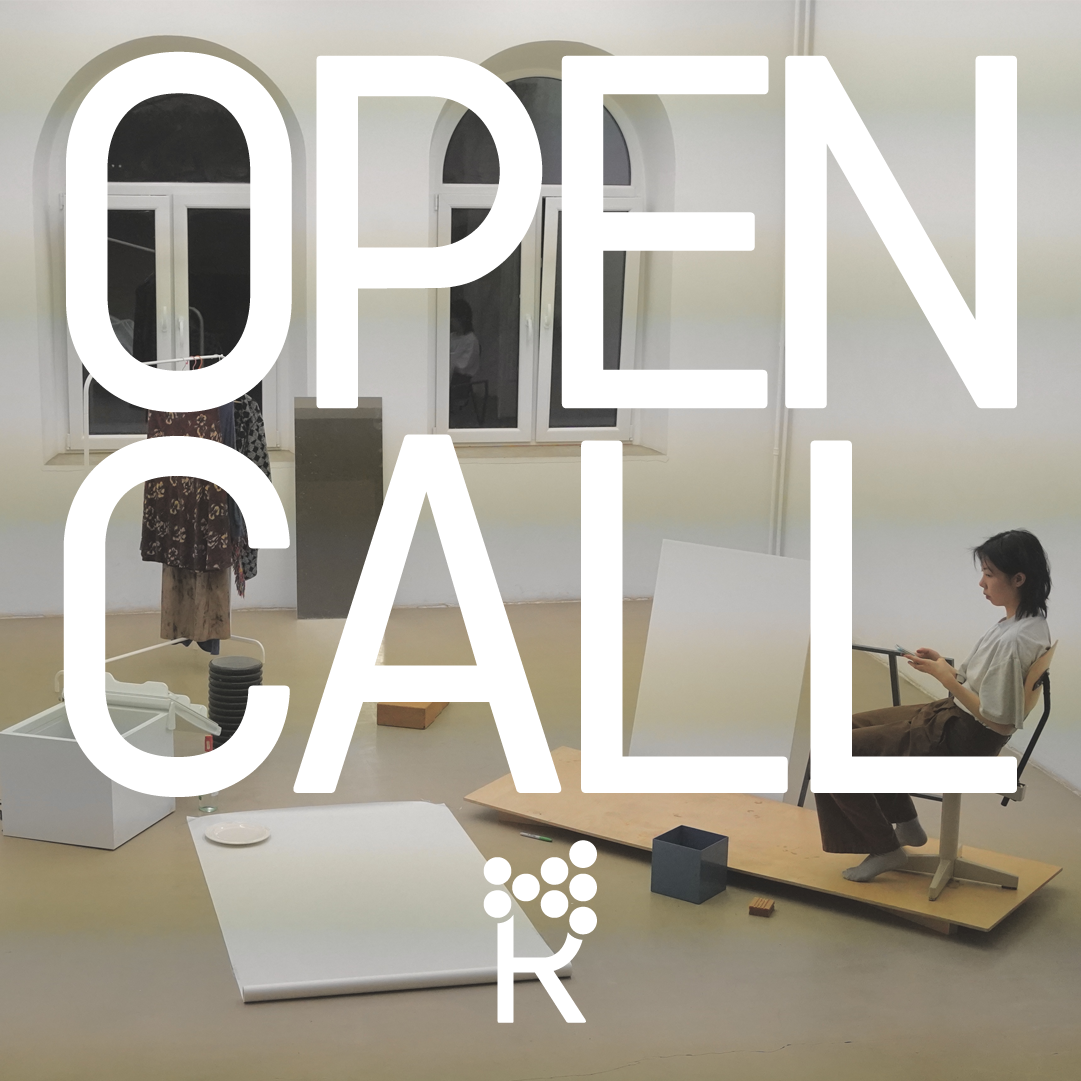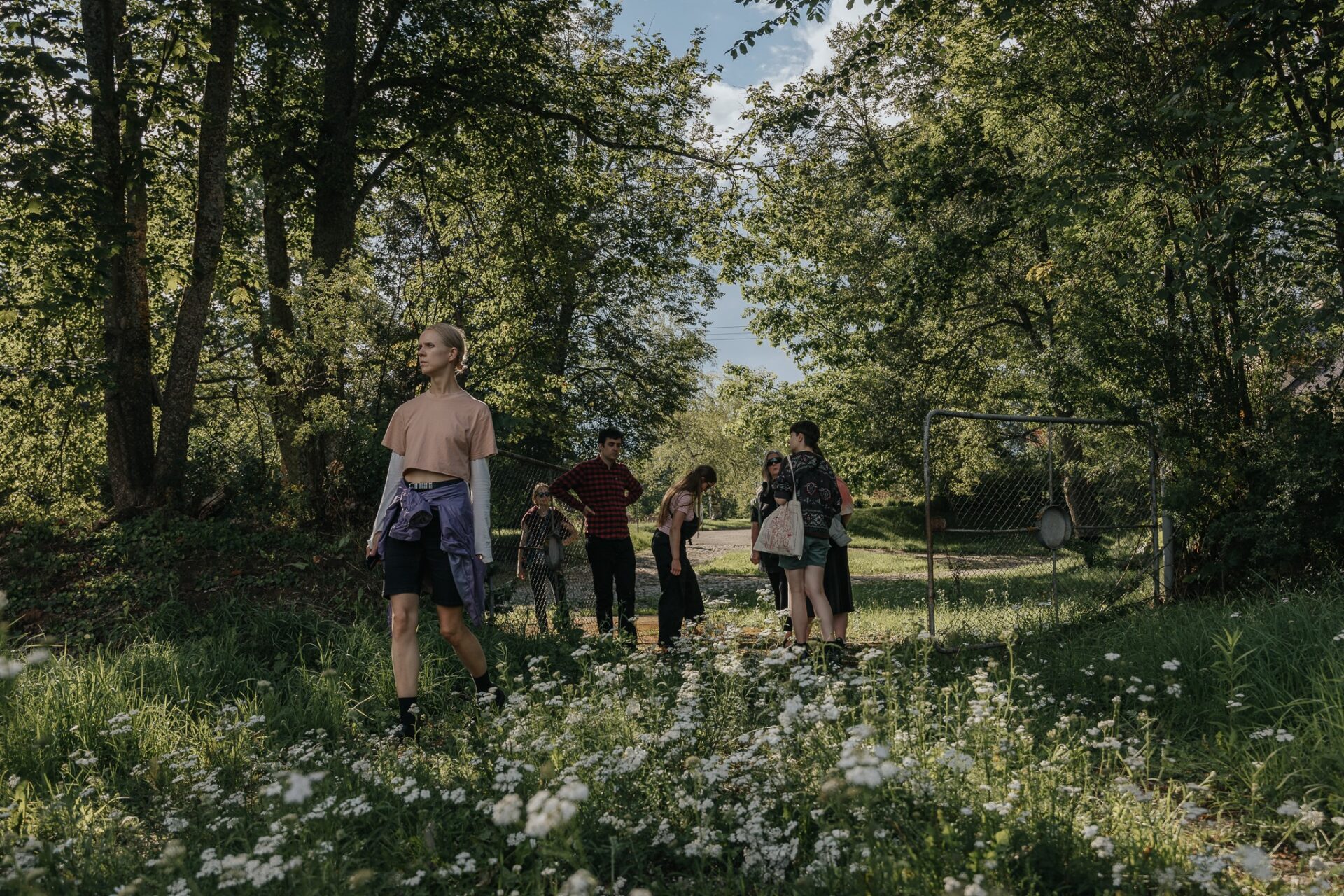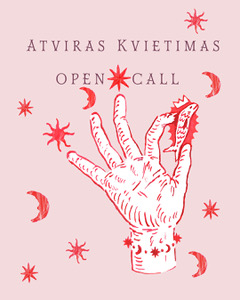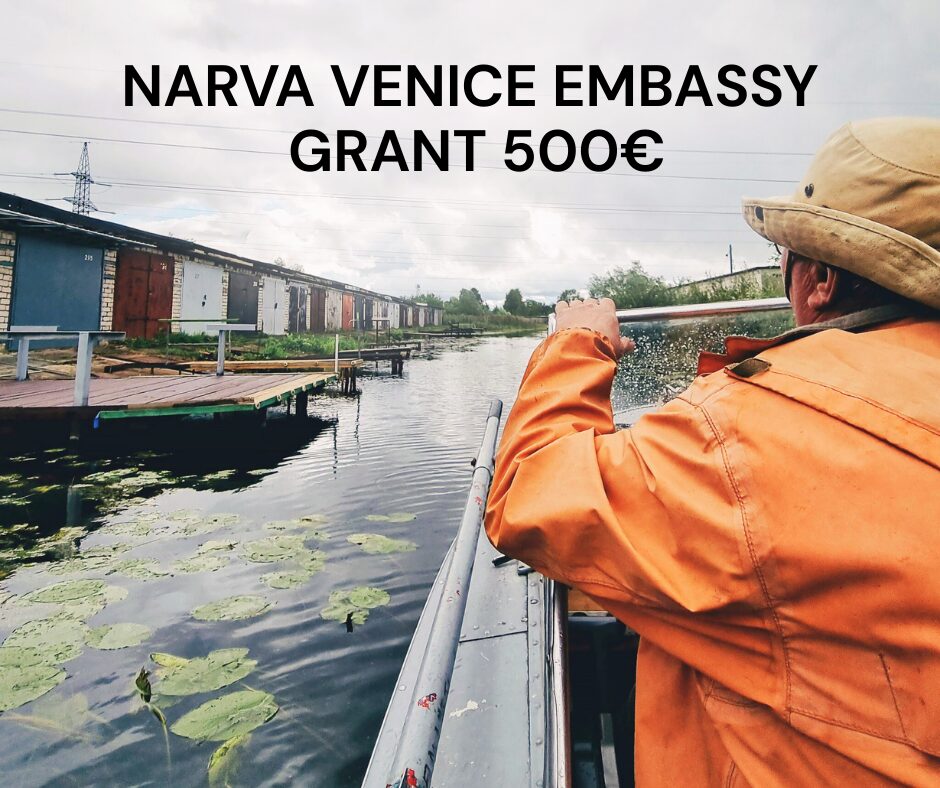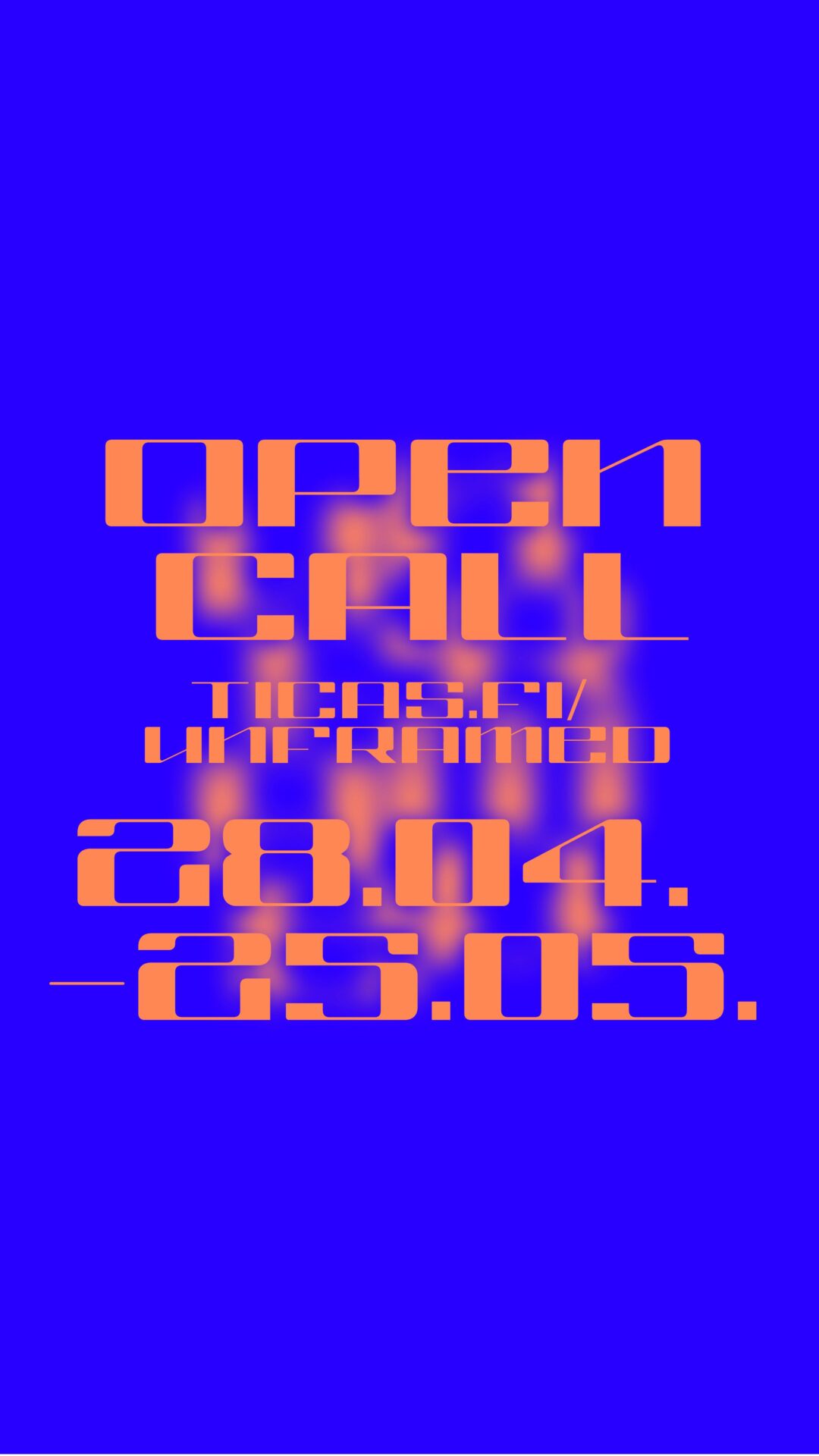In the Czech city of Liberec, the Lithuanian contemporary art exhibition “Identity. Escaping the Post-Soviet” is currently on display at The Liberec Regional Gallery “Lázně”, situated in the former historic swimming pool building. The exhibition showcases the works of ten Lithuanian artists: Žygimantas Augustinas, Algimantas Kensminas, Tauras Kensminas, Denisas Kolomyckis, Žydrūnas Mirinavičius, Rūta Putramentaitė, Eglė Ridikaitė, Indrė Rybakovaitė, Ieva Skauronė, Andrej Vasilenko.
The term “Post-Soviet” is primarily used in the context of Post-Soviet states, previously annexed by the Soviet Union, though some politics debate that this term can be problematic, as it is challenging to identify a coherent region that can definitively be called the post-Soviet space. Geographically and historically, there is a post-Soviet space; however, contemporary observations reveal diverse clusters within this area characterised by varying levels of industrialisation, economic dependence on sectors such as the oil industry or agriculture, and distinct degrees of democracy/authoritarianism, corruption, and oligarchism. Consequently, even after gaining independence and breaking free from the Soviet Union, most of the former Captive Nations intently strive to shed their “Post-Soviet” label through active de-Sovietisation and globalisation efforts.
The social, economic, and cultural transformation of Central and Eastern Europe at the end of the 20th century has prompted the countries and their artistic communities to reexamine their historical roots, retroflect their historical memories, and partly reinvent their identities. Despite having firmly established themselves as an integral part of the European and transatlantic community, the former Captive Nations still question their cultural identity, asking which part of their culture is their own and which has been imposed by foreign oppressors. Despite the frequent use of the concept of identity in various contexts and the resulting wear and tear, identity remains one of the most important concepts in contemporary humanities and social sciences. Thus, it is important to delve into the complex attempts to discover one’s identity, to understand what the oppressive regime did to the annexed countries and their communities, and the impact it still has on today’s cultural context.
The Baltic States were one of the fastest ones to reintegrate into the Western community, but they are still suffering from the long, latent shadow of the Soviet legacy. Thus, the exhibition “Identity. Escaping the Post-Soviet” addresses the ongoing efforts to break free of this shadow. The exhibition presents ten Lithuanian artists of different generations, whose artworks represent a constant search of one’s cultural self. Some of the featured artists focus on the transformation of the local landscapes or depict their findings of the pre-regime culture (Andrej Vasilenko, Indrė Rybakovaitė, Eglė Ridikaitė). Other artists, especially those born and raised under Communist rule, delve into historical identity and collective trauma in the featured artworks, as well as express a longing for freedom and a determination to break free from the norms imposed or internalised during the Soviet occupation (Žygimantas Augustinas, Ieva Skauronė, Žydrūnas Mirinavičius, Algimantas Kensminas). Meanwhile, the younger generation, raised after the collapse of the Soviet Union, already identifies itself with the global world and without prejudice embraces such topics as individual needs, sexuality, or the malfunctions of the post-modern capitalist system (Denisas Kolomyckis, Rūta Putramentaitė, Tauras Kensminas). Overall, they are united by the constant search for their individual and cultural identity.
Curator Agnė Mackevičiūtė
The exhibition “Identity. Escaping the Post-Soviet” was opened on April 25, 2024 and is on display until July 28, 2024 in the The Liberec Regional Gallery “Lázně”. The exhibition is dedicated to the 20th anniversary of Lithuania and the Czech Republic’s membership in the European Union.
The exhibition is organised by the Embassy of Lithuania in the Czech Republic, the Liberec Regional Gallery “Lázně,” and the Vilnius Academy of Arts. The exhibition was partially financed by the representation of the European Commission in the Czech Republic and the Honorary Consul of Lithuania in Liberec.
Photography: Jaroslav Trojan
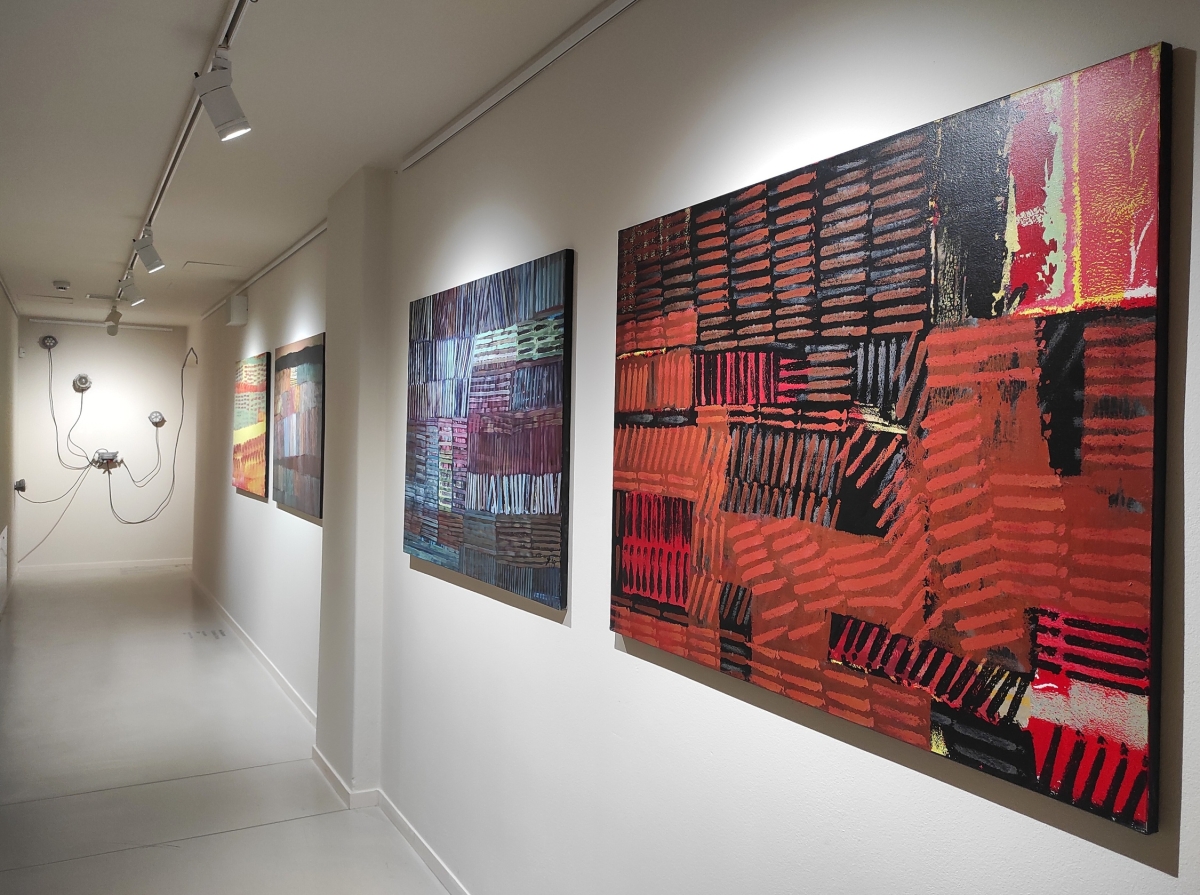
Ieva Skauronė, Choiceless Choices, 2018. Photo: Jaroslav Trojan
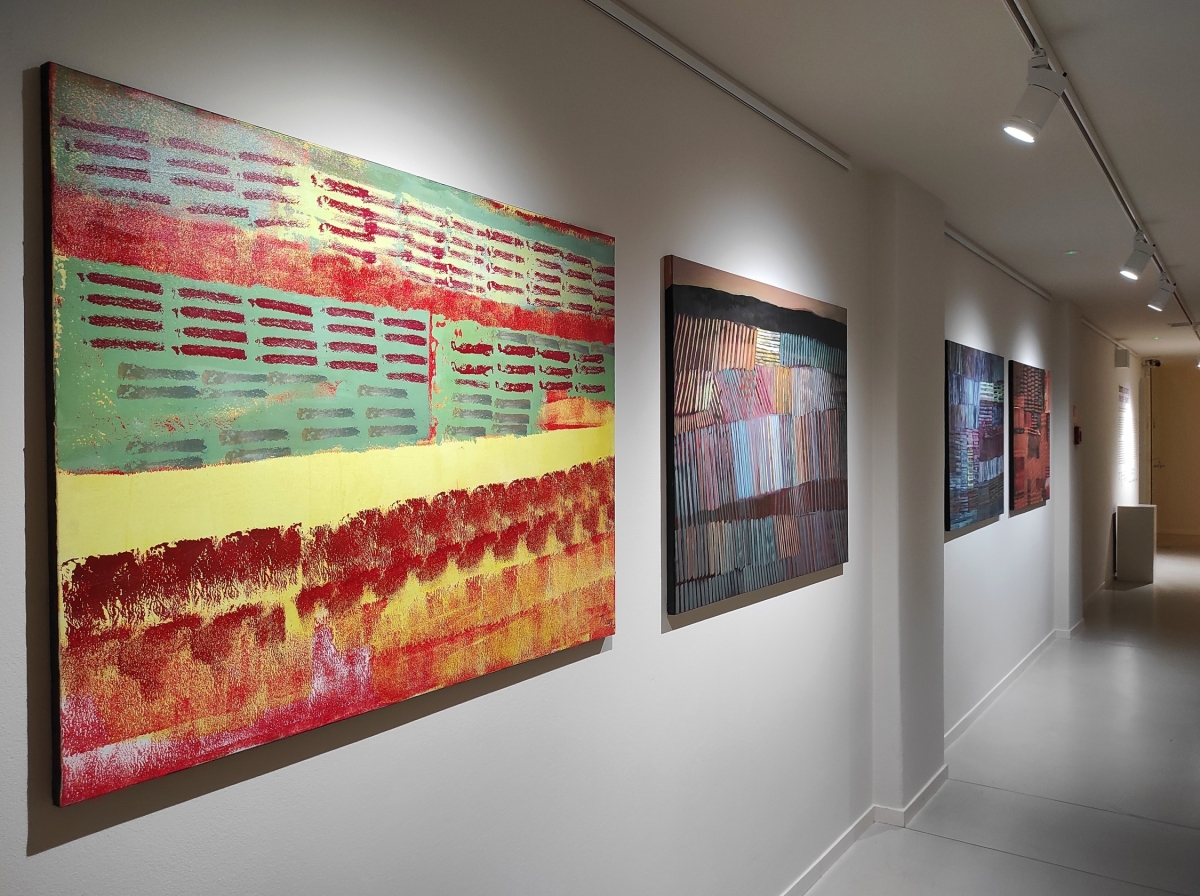
Ieva Skauronė, Choiceless Choices, 2018. Photo: Jaroslav Trojan

Žygimantas Augustinas, Three Non-Gomeric Sirens, 2023. Photo: Jaroslav Trojan

Žygimantas Augustinas, Three Non-Gomeric Sirens, 2023. Photo: Jaroslav Trojan
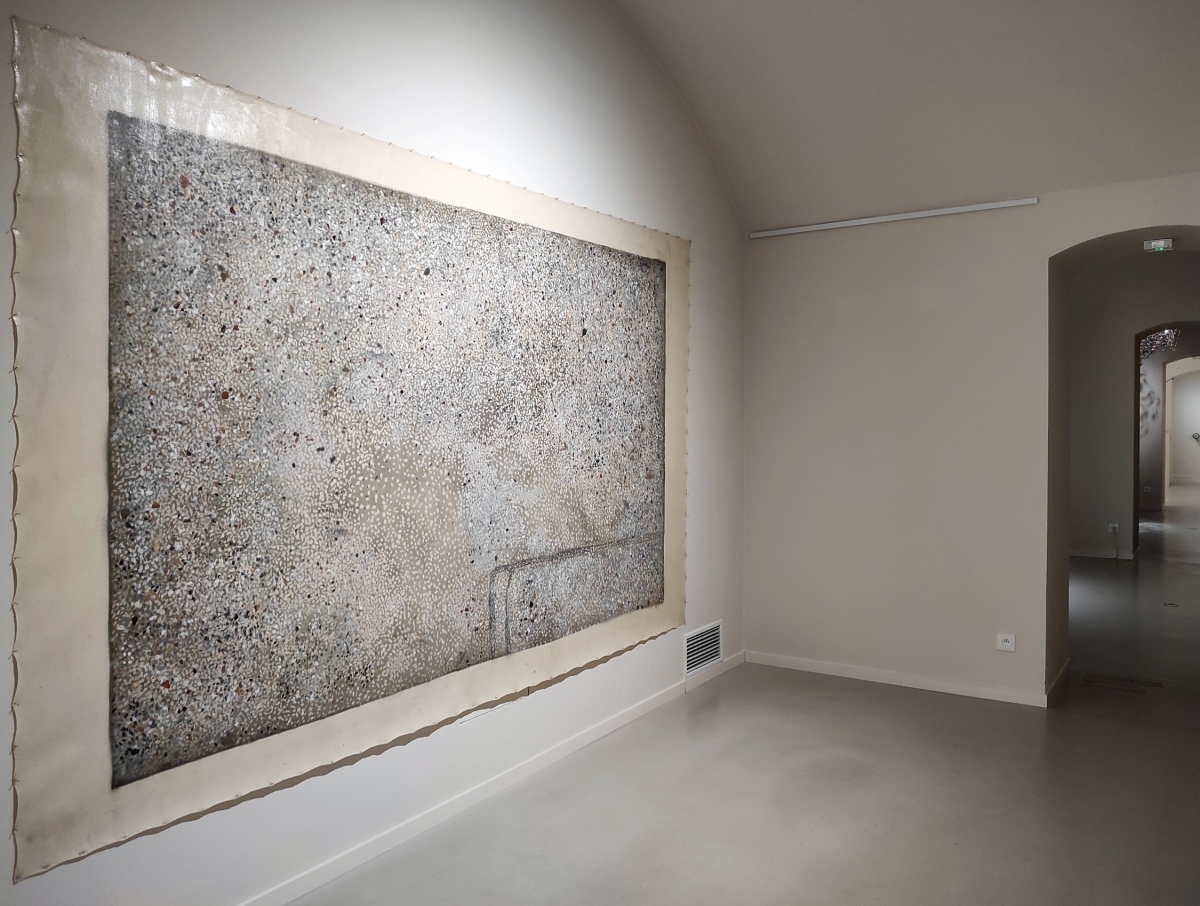
Eglė Ridikaitė, SousePieces of Rome (Laisves pr. 107), 2018. Photo: Jaroslav Trojan
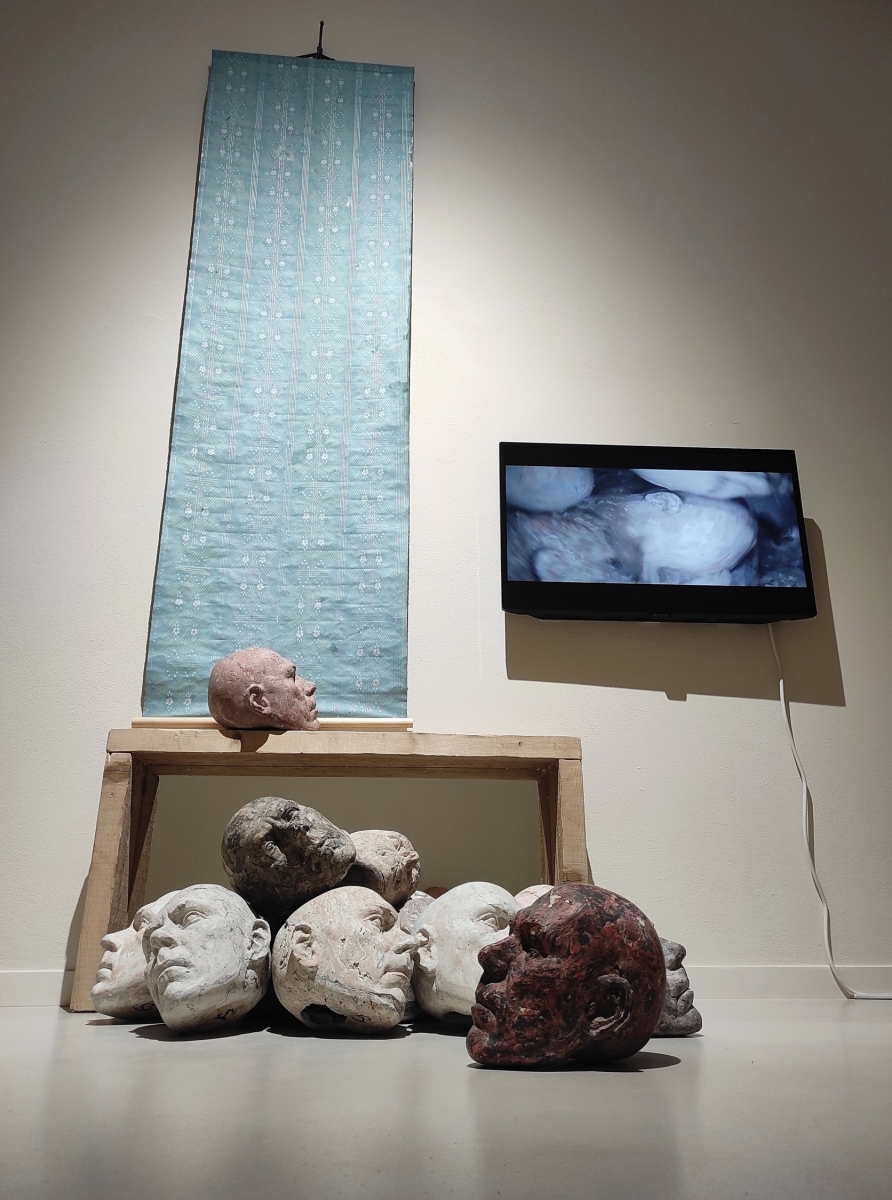
Algimantas Kensminas, Ceremony of Purification, 2018. Photo: Jaroslav Trojan

Algimantas Kensminas, Ceremony of Purification, 2018. Photo: Jaroslav Trojan

Žydrūnas Mirinavičius, Constellations, 2024. Photo: Jaroslav Trojan
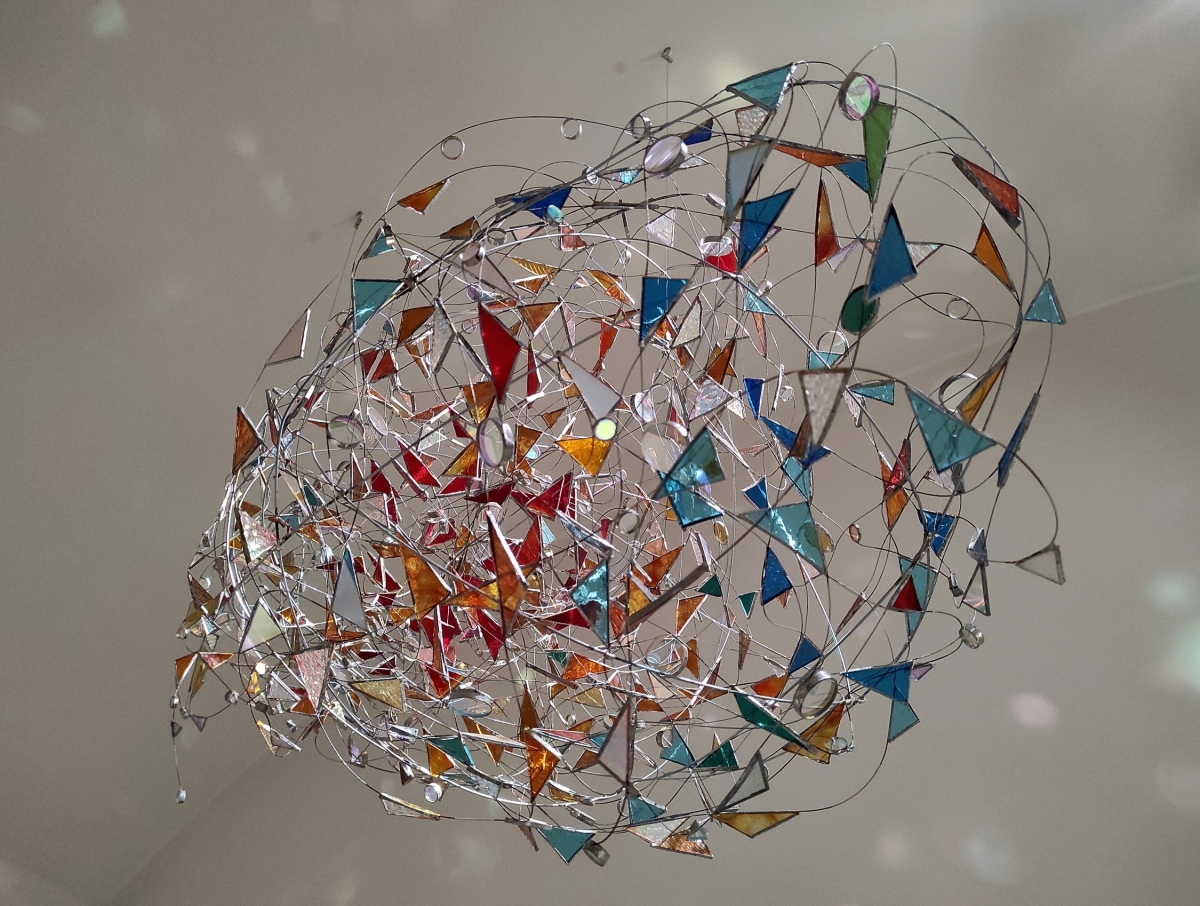
Žydrūnas Mirinavičius, Constellations, 2024. Photo: Jaroslav Trojan

Žydrūnas Mirinavičius, Constellations, 2024. Photo: Jaroslav Trojan
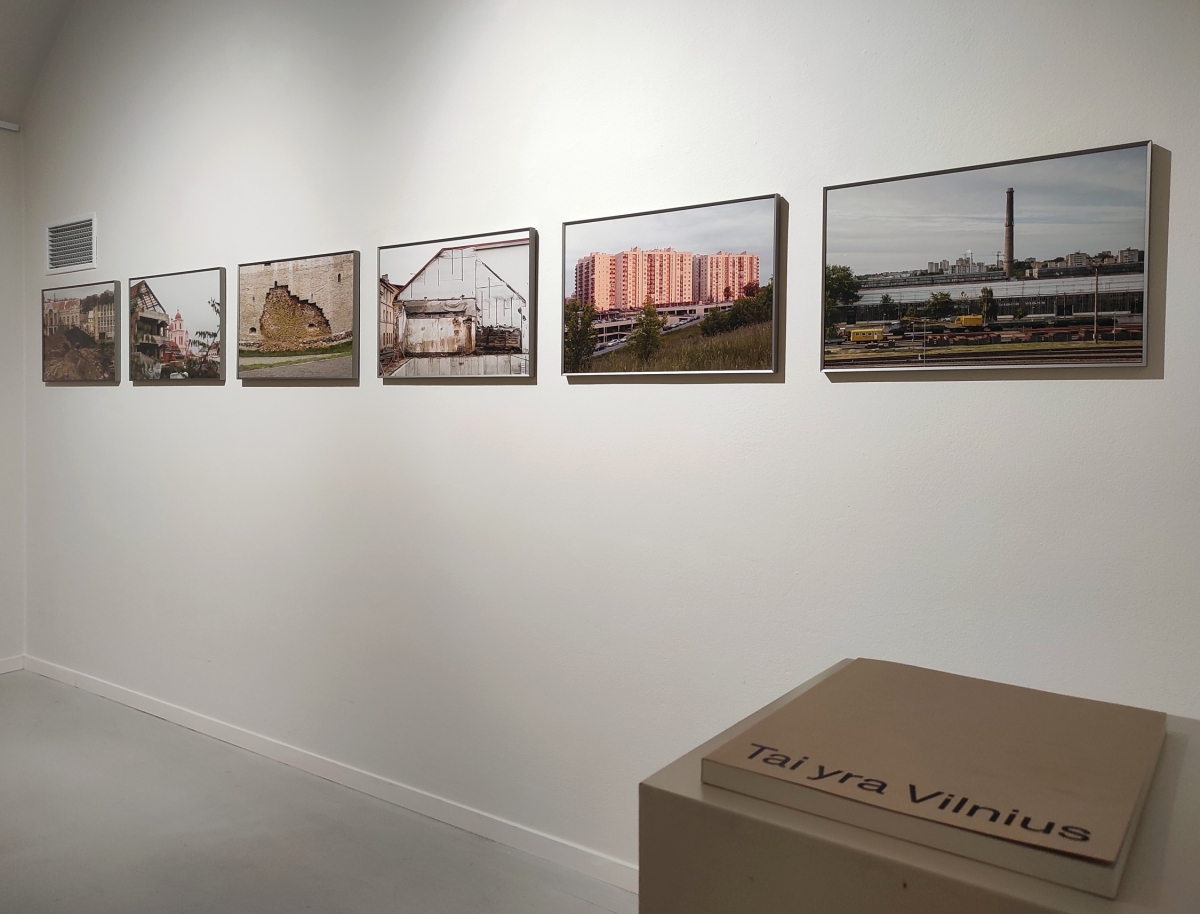
Andrej Vasilenko, This is Vilnius, 2014 . Photo: Jaroslav Trojan
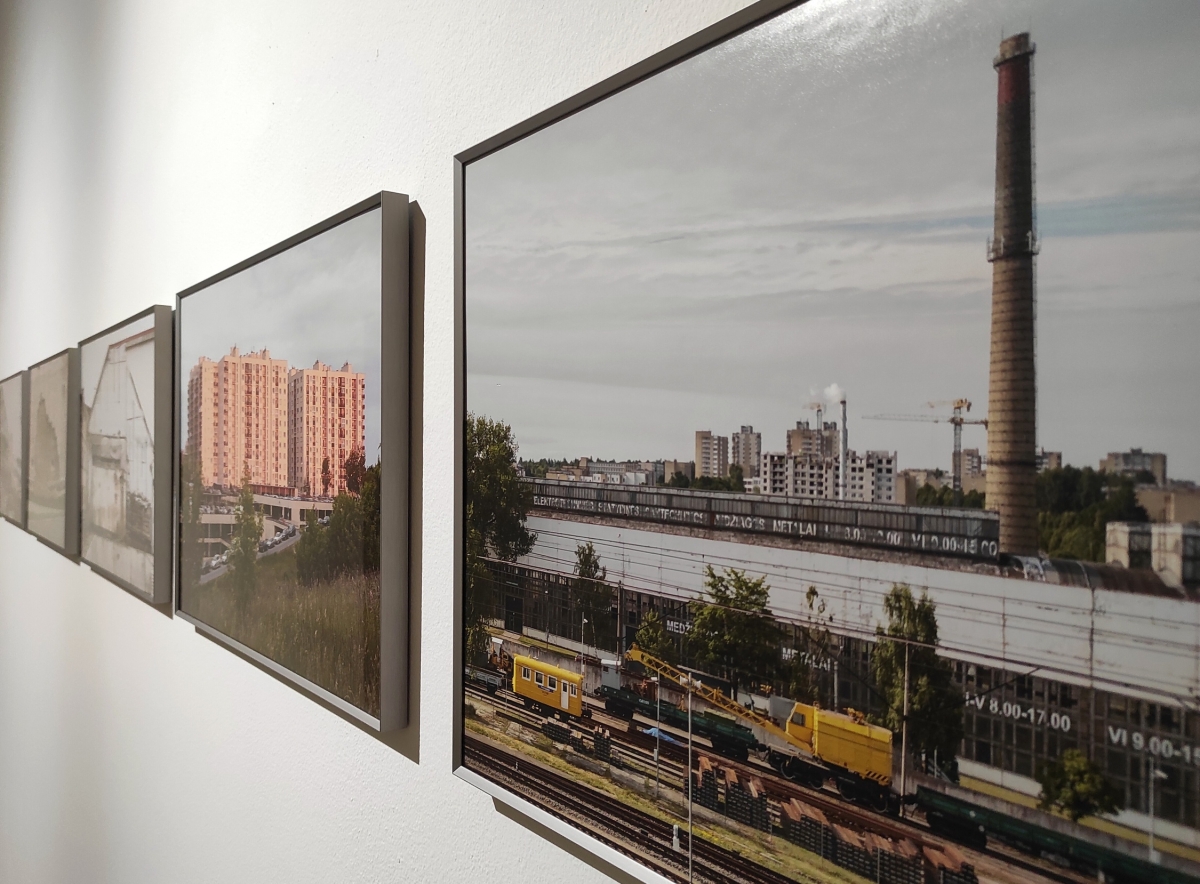
Andrej Vasilenko, This is Vilnius, 2014 . Photo: Jaroslav Trojan
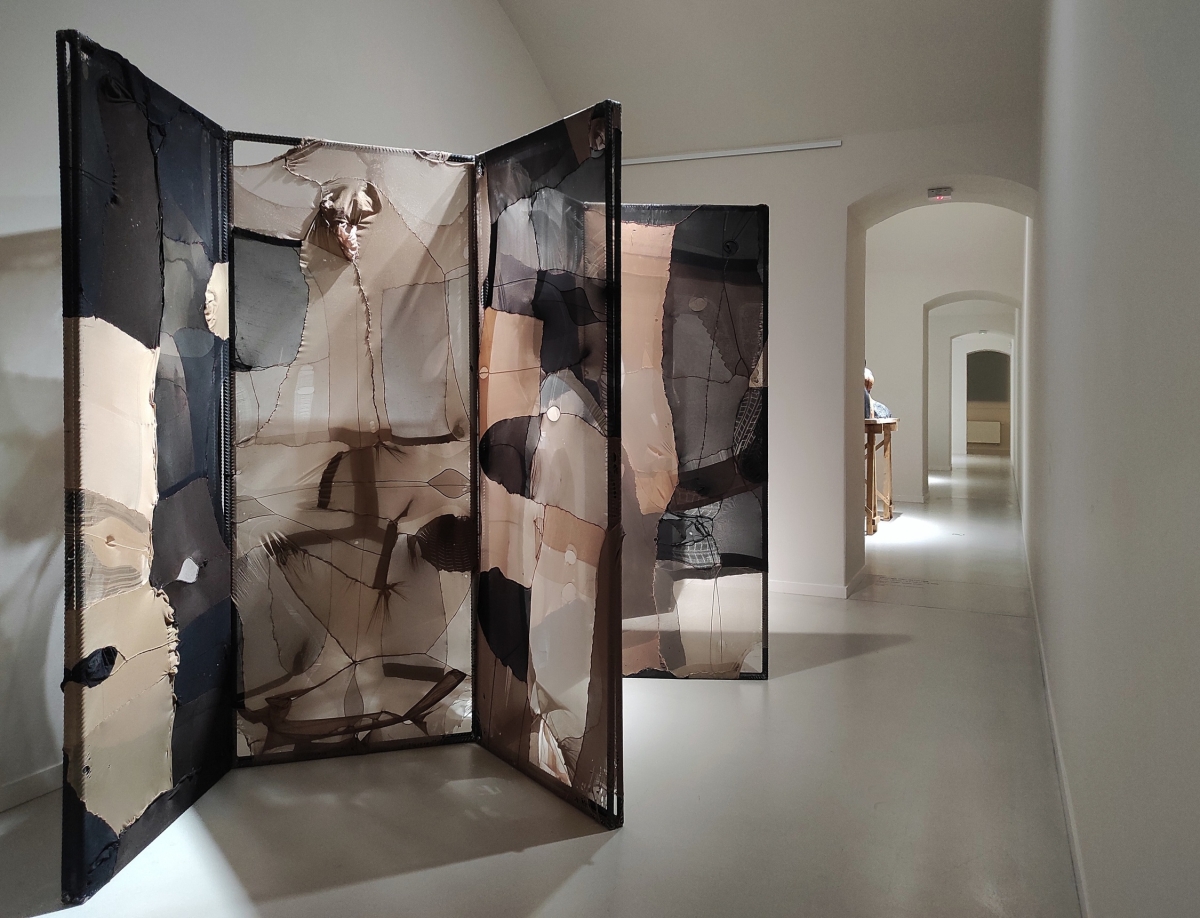
Denisas Kolomyckis, FEMINA, 2019. Photo: Jaroslav Trojan

Denisas Kolomyckis, FEMINA, 2019. Photo: Jaroslav Trojan
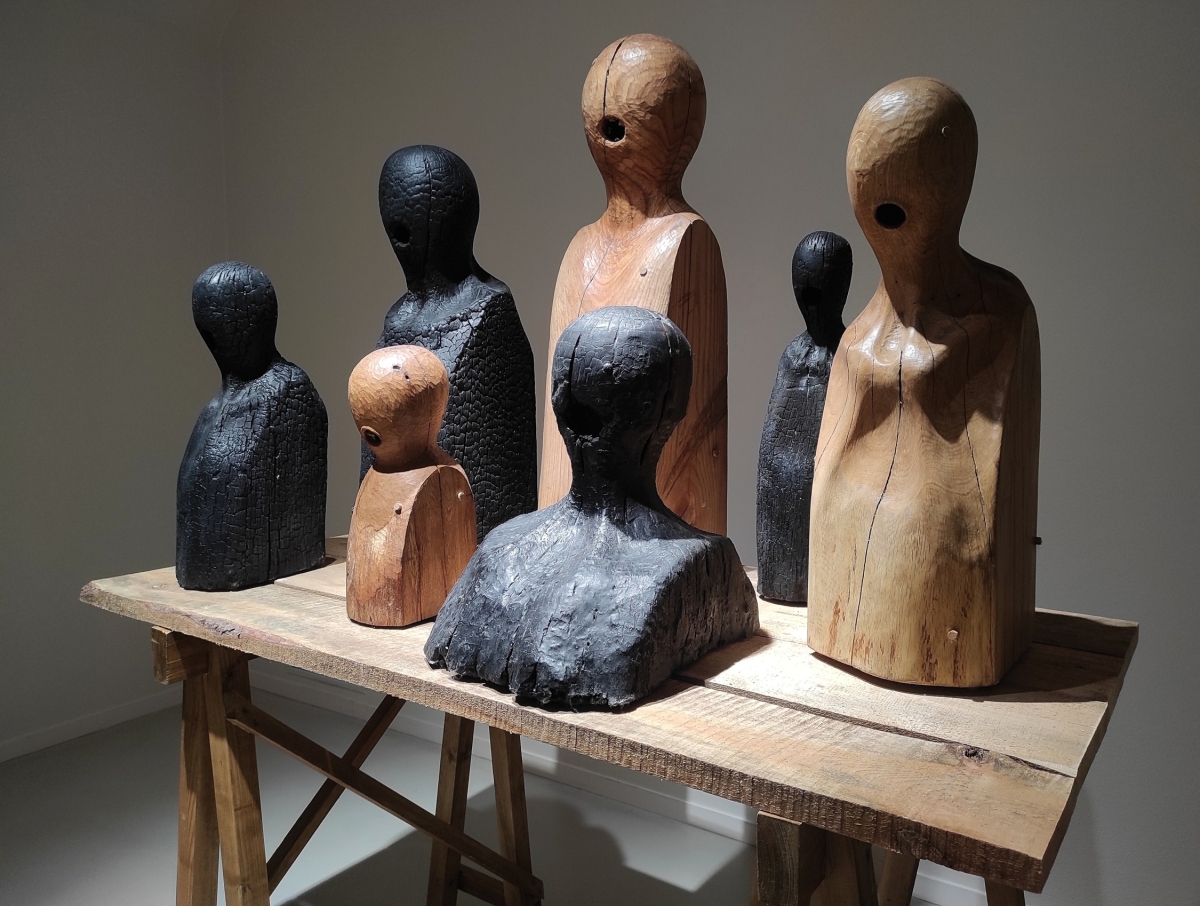
Tauras Kensminas, The Little Hungry Ones, 2024. Photo: Jaroslav Trojan

Tauras Kensminas, The Little Hungry Ones, 2024. Photo: Jaroslav Trojan
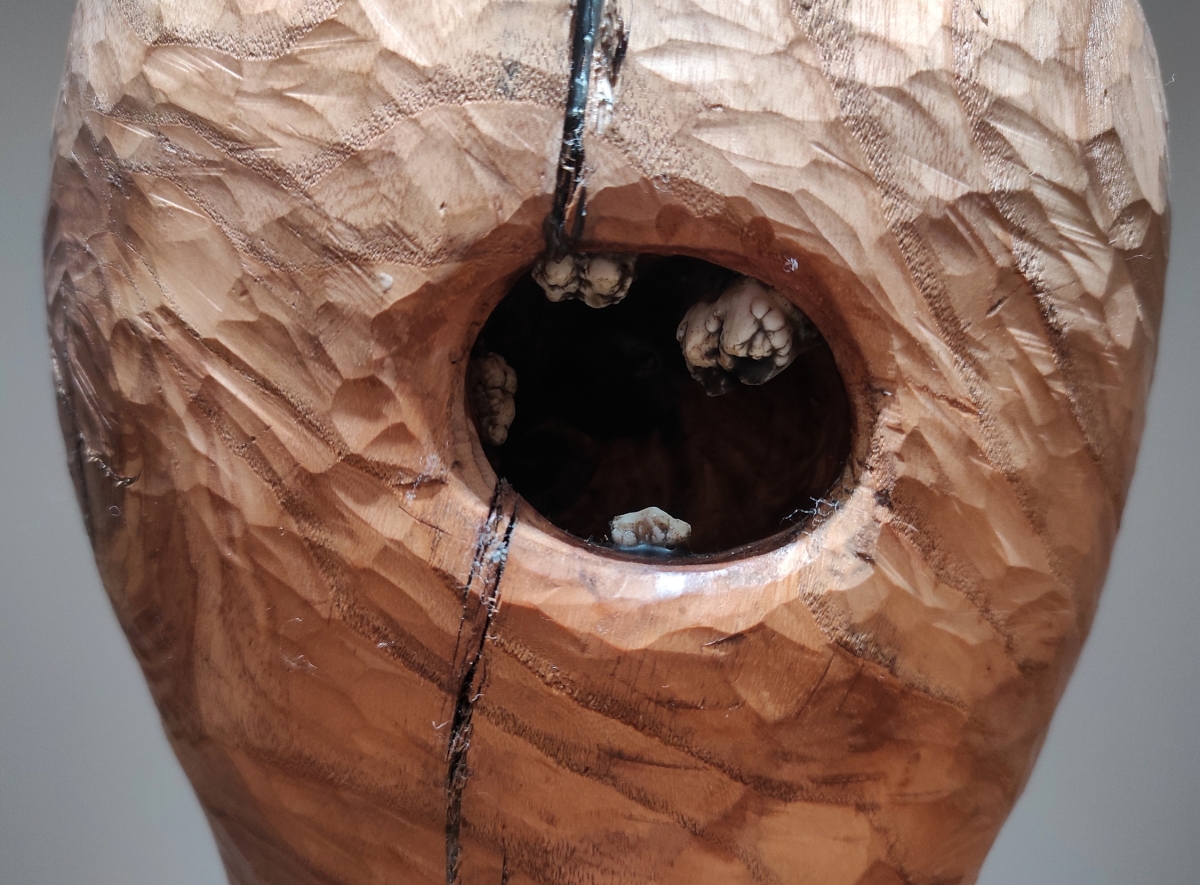
Tauras Kensminas, The Little Hungry Ones, 2024. Photo: Jaroslav Trojan
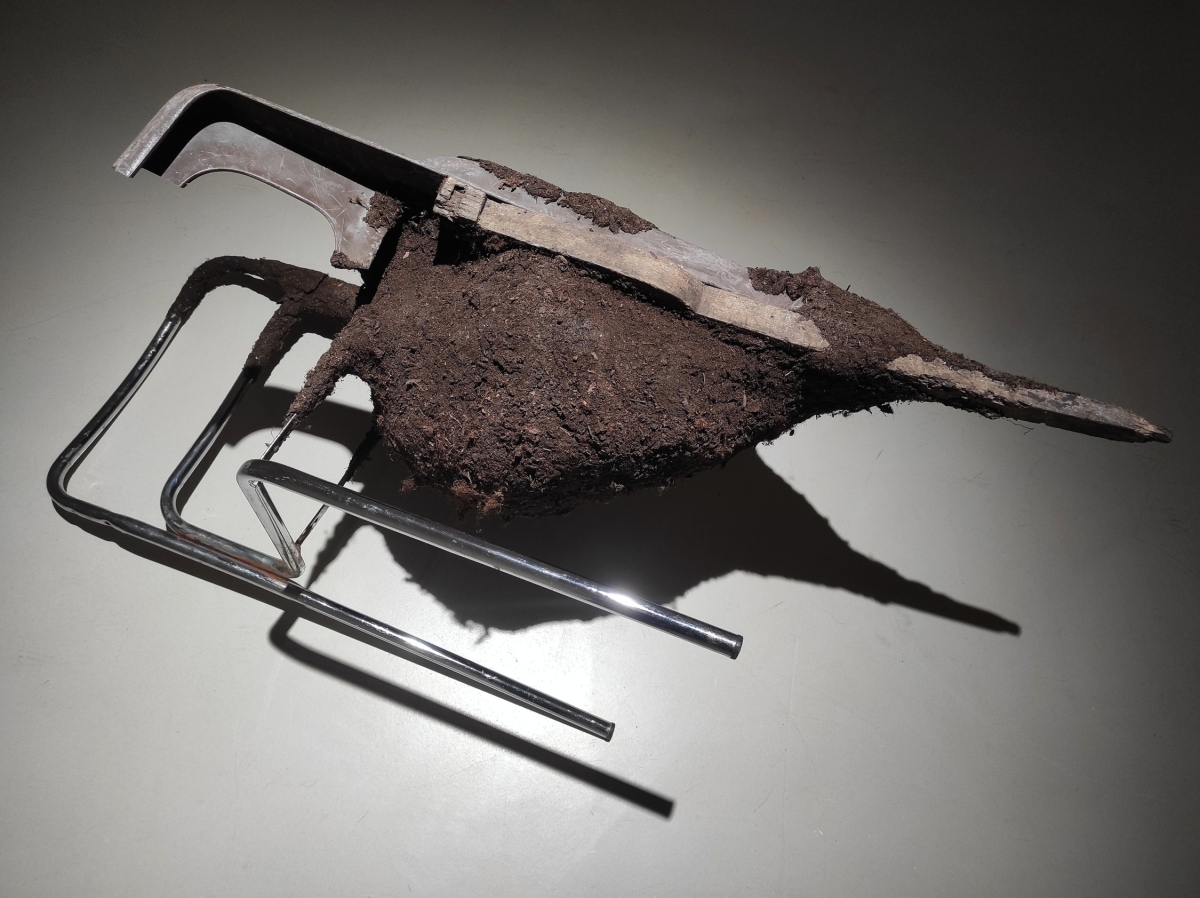
Rūta Putramentaitė, the hole #3, 2024. Photo: Jaroslav Trojan

Rūta Putramentaitė, the hole #3, 2024. Photo: Jaroslav Trojan
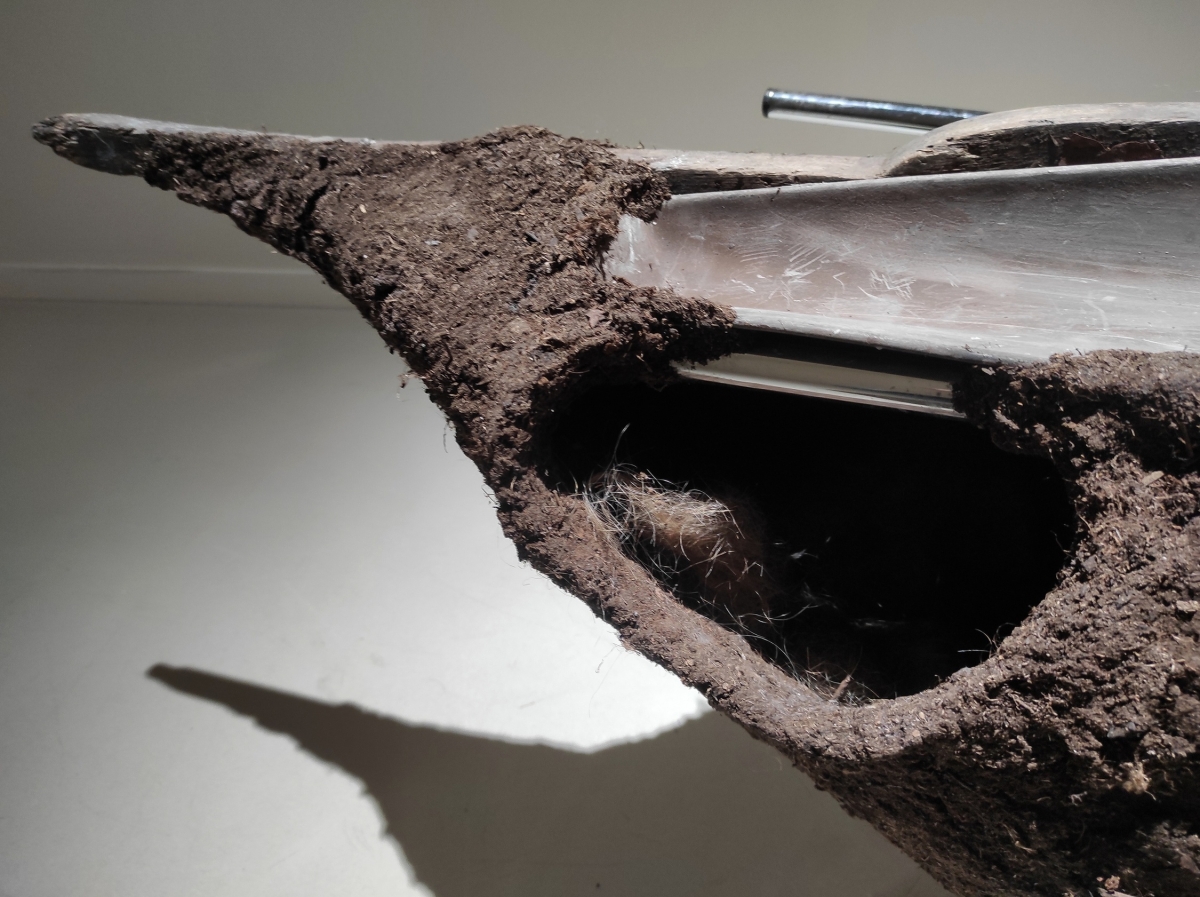
Rūta Putramentaitė, the hole #3, 2024. Photo: Jaroslav Trojan
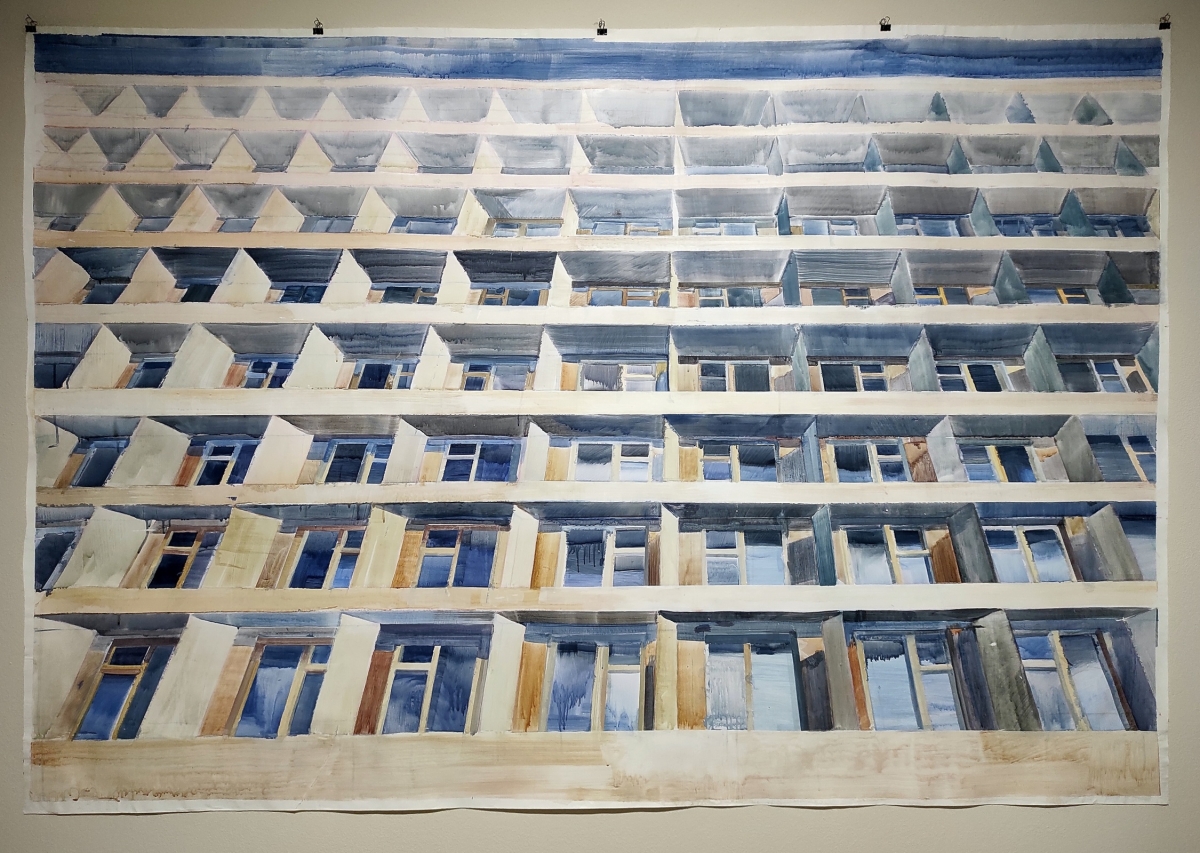
Indrė Rybakovaitė, Nemunas Sanatorium, 2021. Photo: Jaroslav Trojan
